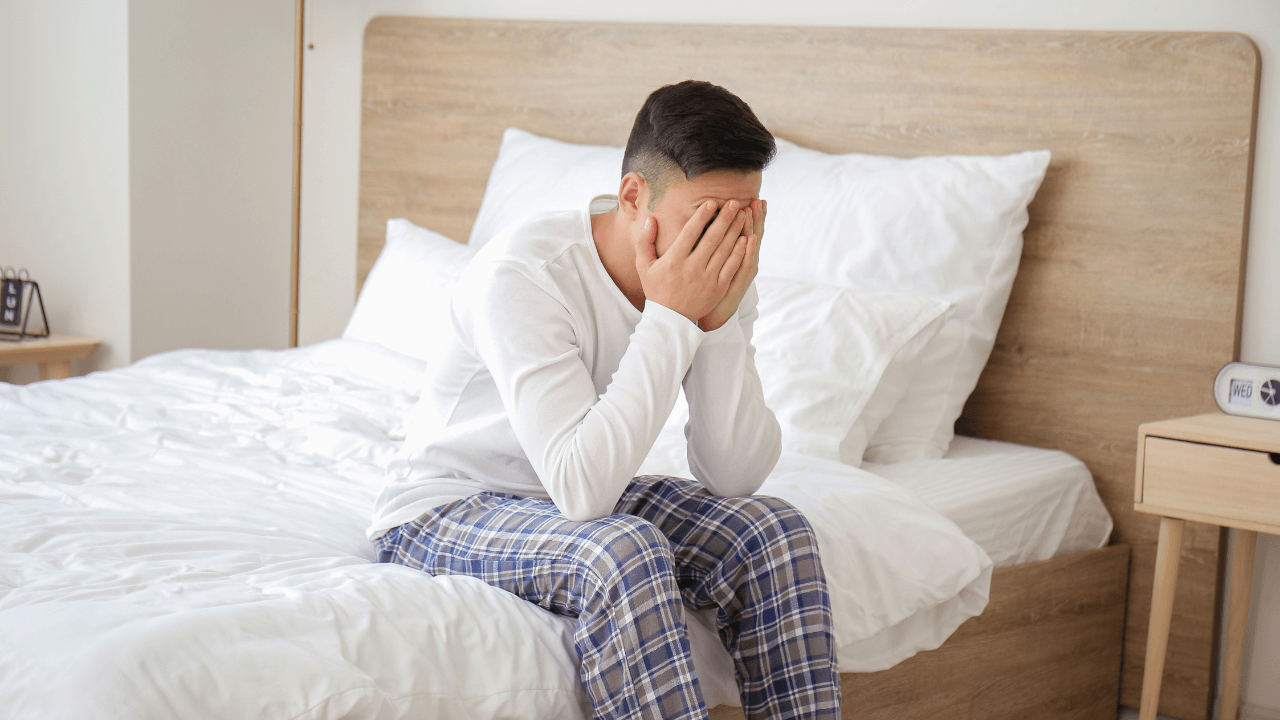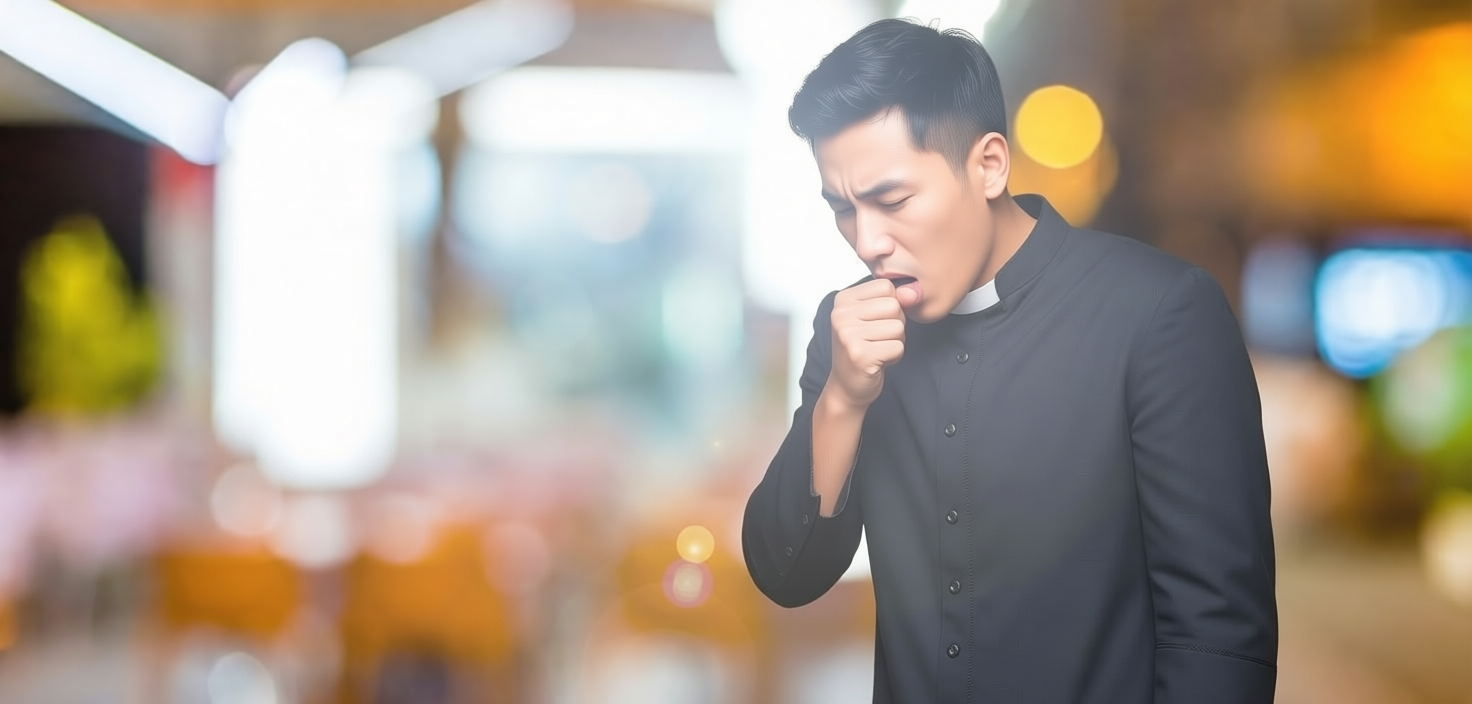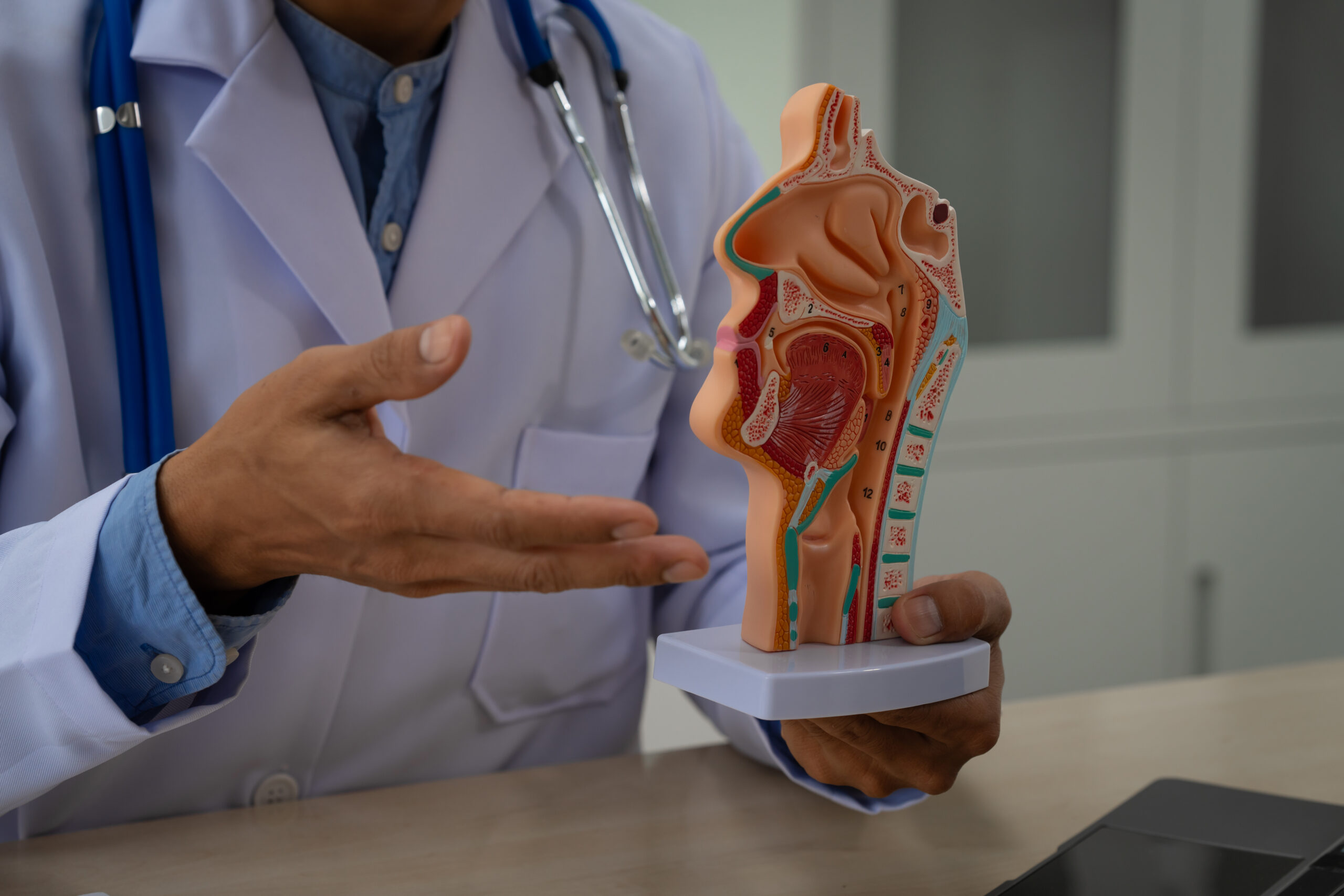Originally published on The Asian Parent.
It’s not uncommon to feel down or depressed when you’re sick and feeling blue. While we often attribute these feelings to being isolated from our usual routines or the physical discomfort of illness, science suggests that there’s more at play. In this article, we’ll explore three ways that getting sick can make you feel depressed.
Inflammation and Mood
When you’re sick and feeling blue, your immune system starts overdrive to fight off the invading virus or bacteria. This immune response triggers inflammation, which is necessary for healing, but can also affect your mood. Research has found that inflammation is linked to symptoms of depression, such as low mood, fatigue, and decreased motivation. Inflammation can also affect neurotransmitters in the brain, like serotonin and dopamine, which regulate mood.
One study found that people injected with a typhoid vaccine, which triggers an immune response, reported feeling more tired, anxious, and irritable than those who received a placebo. The researchers also found that the typhoid vaccine caused an increase in levels of inflammatory cytokines, which are markers of inflammation in the body.
Disrupted Sleep
Getting enough sleep is crucial for both physical and mental health. When you’re sick, you commonly experience disruptions in your sleep patterns. You may have trouble falling asleep, wake up frequently at night, or feel like you’re not getting enough restful sleep, or perhaps end up feeling blue. This lack of quality sleep can make you feel more irritable, anxious, and depressed.
Asian women are sitting hugging their knees in bed. Feeling blue. | Image from iStock
A study of patients with sleep apnea, a condition where breathing is interrupted during sleep, found that those who reported poor sleep quality also had higher levels of depression and anxiety. Similarly, a study of college students found that those who said inferior sleep quality had higher levels of depressive symptoms.
Stress and Coping
Being sick can be a stressful experience, especially if it’s a severe illness or requires hospitalisation. The stress of being sick can affect your mood and lead to feelings of depression. How you cope with the stress of being sick can also impact your mood. If you’re relying on unhealthy coping mechanisms, like substance use or avoiding social support, this can exacerbate feelings of depression.
A study of breast cancer patients found that those who reported using more adaptive coping strategies, like seeking social support or engaging in hobbies, had lower depressive symptoms. Conversely, those who reported using more maladaptive coping strategies, like substance use or denial, had higher depressive symptoms.
Feeling down or depressed when you’re sick is not uncommon, and there are various reasons why this may happen. Inflammation, disrupted sleep, and stress and coping are just a few of the factors that can contribute to these feelings. If you’re feeling overwhelmed or struggling with your mood while you’re sick, it’s essential to contact your healthcare provider for support. They can help you manage your symptoms and provide resources for additional support.







